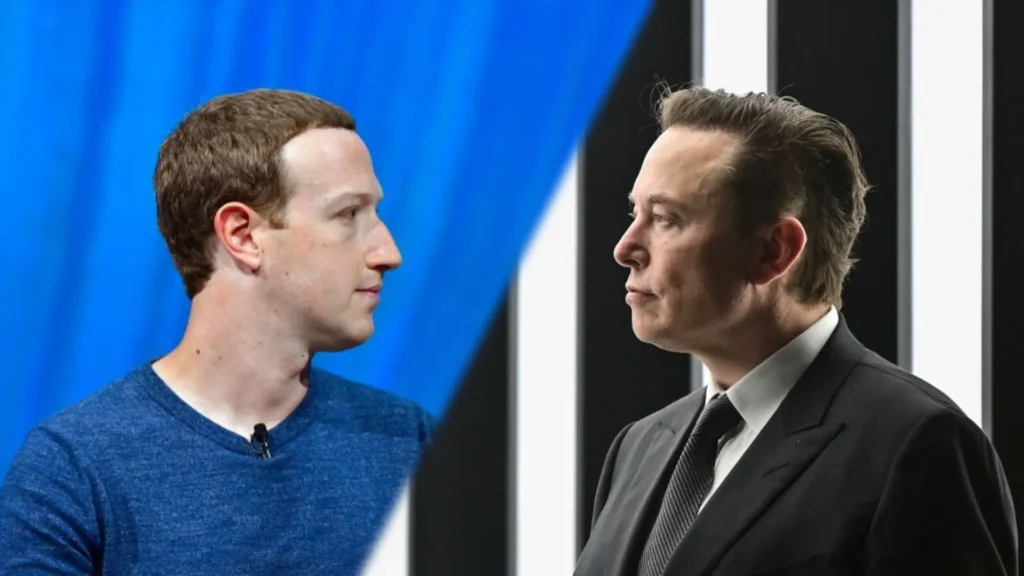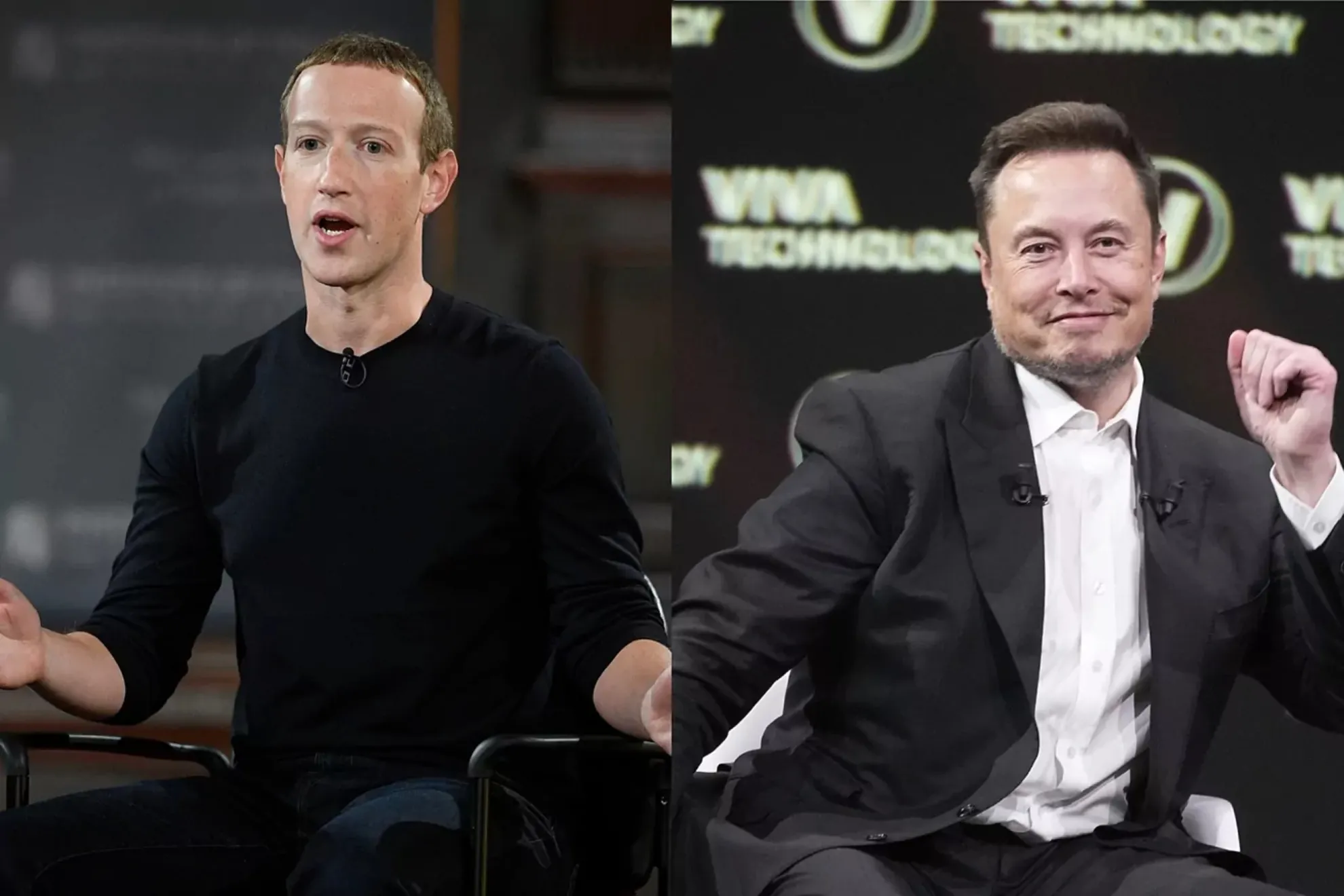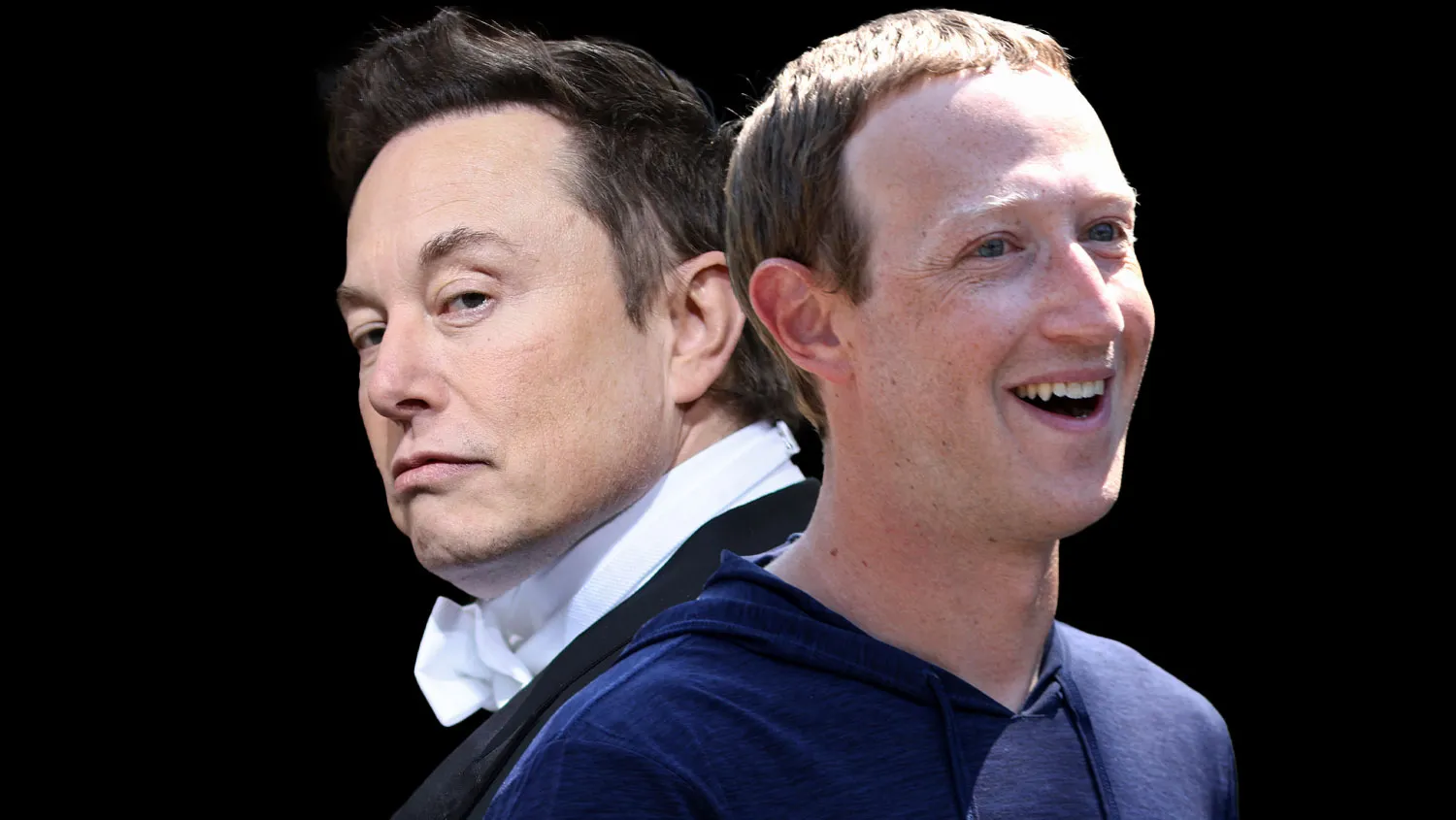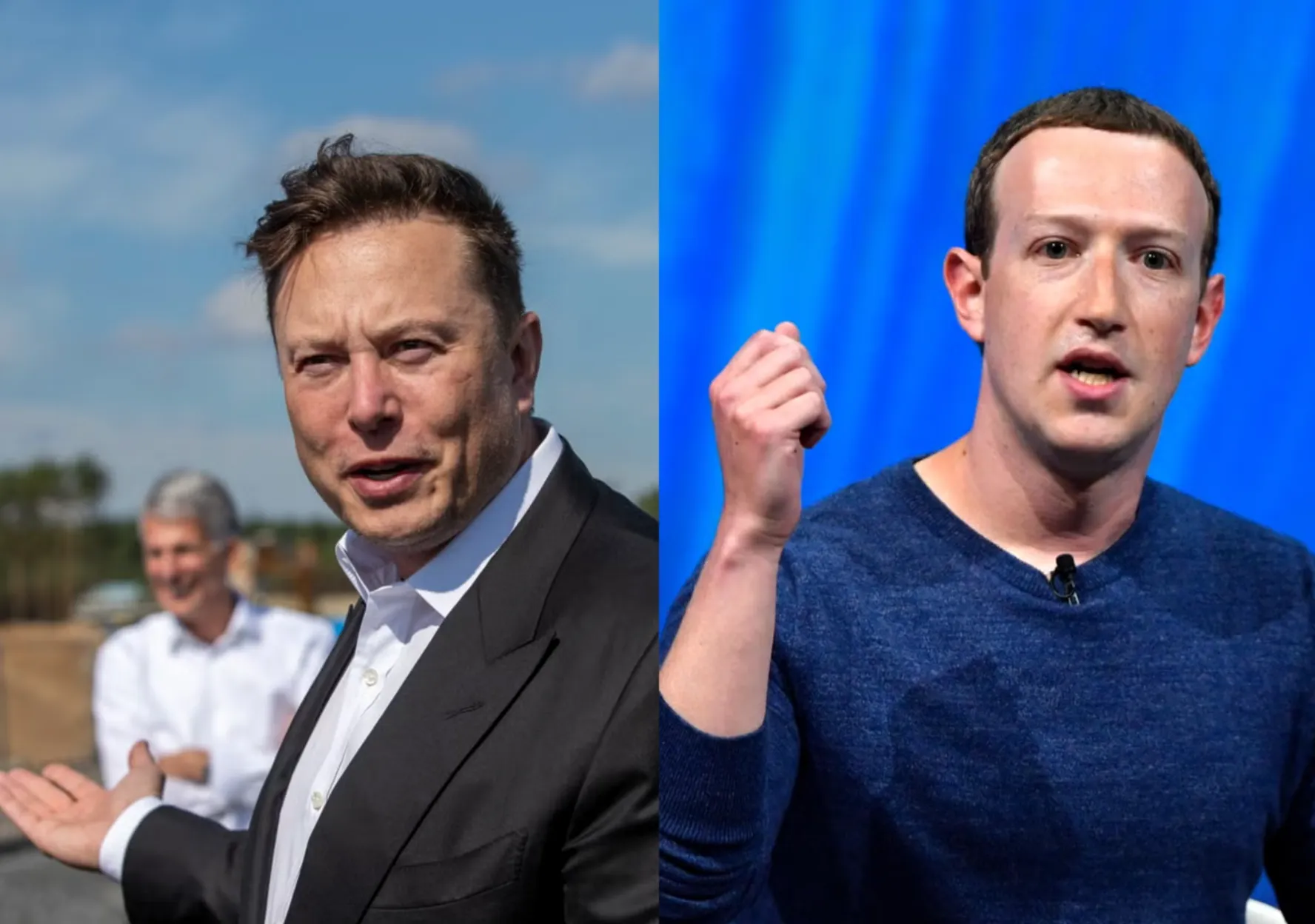
In an unexpected twist in Silicon Valley’s competitive landscape, Meta’s CEO Mark Zuckerberg has aligned with X owner Elon Musk in a bid to halt OpenAI’s transition from a nonprofit organization to a for-profit entity. This unusual alliance between two high-profile tech moguls, traditionally at odds, highlights a significant strategic pivot as they tackle shared concerns over the future of artificial intelligence (AI) development and its governance.

The Heart of the Controversy
Meta, under Zuckerberg’s direction, has formally requested the California Attorney General to intervene and prevent OpenAI from altering its corporate status. Meta’s stance is that OpenAI, initially established as a nonprofit, has leveraged this classification to amass considerable funding and resources, which they argue could lead to an unfair competitive advantage if converted into a for-profit model.
“OpenAI wants to change its status while retaining all of the benefits that enabled it to reach the point it has today. That is wrong. OpenAI should not be allowed to flout the law by taking and reappropriating assets it built as a charity and using them for potentially enormous private gains,” stated Meta’s letter to California Attorney General Rob Bonta.
Musk’s Legal Maneuvers
Elon Musk, a co-founder who parted ways with OpenAI, has also taken legal action. Musk’s latest move includes a formal injunction request aimed at blocking this transition. He argues that the partnership between OpenAI and Microsoft, aimed at establishing a for-profit monopoly, is not only anti-competitive but also diverges significantly from OpenAI’s original mission of developing safe, beneficial artificial general intelligence.

OpenAI’s Defense and Strategic Shift
In response to these accusations, OpenAI has been vocal and transparent, publishing a detailed blog post that includes correspondence with Musk that dates back to the organization’s founding. These communications suggest that Musk himself had reservations about the nonprofit structure from the beginning, emphasizing the complexities of their ongoing legal and ideological battle.
OpenAI is now eyeing a shift to a for-profit model to increase its capability to raise investment capital. In October, the organization announced a substantial $6.6 billion funding round, increasing its valuation to an impressive $157 billion. This move, however, necessitates a transition to a for-profit status within two years, underlining the high stakes involved.

The Broader AI Race
Both Meta and Musk’s XAI are heavily investing in AI, with Meta planning to spend upwards of $37 billion on related infrastructure costs this year alone. Meanwhile, xAI has secured a significant $5 billion in funding last month, setting the stage for a heated competition among these tech giants.
This alignment of Zuckerberg and Musk against OpenAI’s for-profit transition marks a rare moment of consensus between the two leaders, underscoring the complexities of AI development and regulation. As this battle unfolds, it will not only shape the competitive dynamics of the AI industry but also potentially set precedents for how emerging technologies are managed and monetized at the intersection of innovation and ethics.
